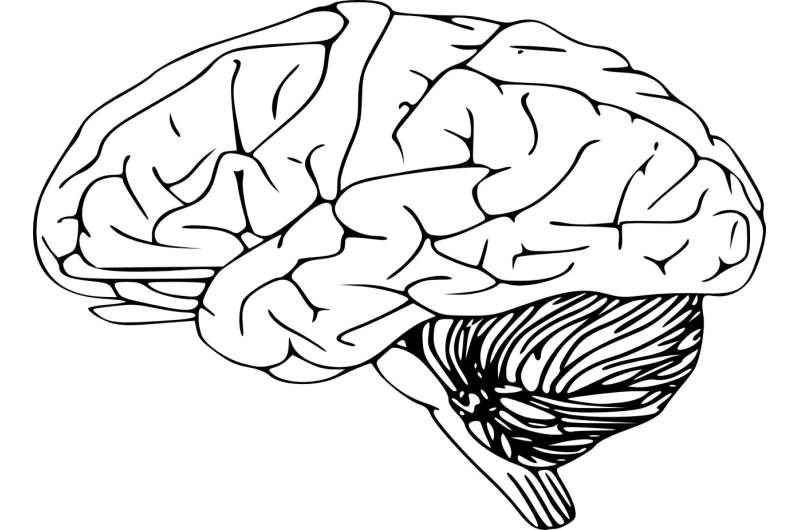Brain networks can play role in weight-loss success

When it comes to weight loss, the old adage it's all in your head may be true.
Scientists at Wake Forest University School of Medicine have shown that two specific networks in the brain can strongly influence how successful a person will be when trying to lose weight.
These findings, published in the April edition of the journal Obesity, may ultimately help in developing tailored behavior-based treatments that target specific brain circuitry to aid in weight loss, according to the study's principal investigator Dr. Jonathan Burdette, professor of radiology at Wake Forest University School of Medicine.
The goal of this study was to determine whether the degree of weight loss after six months of a behavior-based intervention was related to connectivity within two functional networks (FNs), FN1 and FN2, in a group of older adults with obesity. Functional brain networks are areas of the brain that are working together in sync.
FN1 and FN2 were first identified by Burdette and his team in 2018 as being involved in successful weight loss.
In this study, 71 participants enrolled in a randomized weight-loss clinical trial were scanned at the beginning of the trial with functional magnetic resonance imaging to determine if FN1 and FN2 would be predictive of weight loss and if so how. Participants were scanned during a resting state and then again after receiving a food-cue task. At the end of the six-month trial, the data were then analyzed to compare the relationships between the baseline networks and the change in the participants' weight.
Burdette's team found that during the resting state the relationship of brain function in FN1, which involves sensory and motor skills, was significantly associated with six-month weight loss. During the food-cue state, six-month weight loss was significantly associated with FN2, which includes self-regulation and the ability to focus attention.
Two distinct brain network biases are related to the degree of success with weight loss: within the resting state, there is a sensory motor motivational bias to pursue food, whereas when processing food cues, there is a deficit in the executive control and attention network.
"These findings show that the brain network properties of people who were less successful at weight loss were different from folks who were more successful," Burdette said. "Some people have a stronger unconscious sensory motor bias to pursue food, while others appear to have less. In a society of food abundance with food cues everywhere, this information can help explain why some people have such difficulty in taking off excess weight and maintaining it."
This is the first study to link key concepts that have been identified as important in understanding obesity and overeating to success with behavioral weight loss among older adults with obesity.
"Our findings provide further insight into complex functional circuits in the brain so we now have a mechanistic understanding of why people aren't losing weight," Burdette said. "In theory, if you know more about urges and control, we will be able to tailor therapies to an individual as opposed to treating everyone the same."
More information: Jonathan H. Burdette et al, Longitudinal relationship of baseline functional brain networks with intentional weight loss in older adults, Obesity (2022). DOI: 10.1002/oby.23396



















